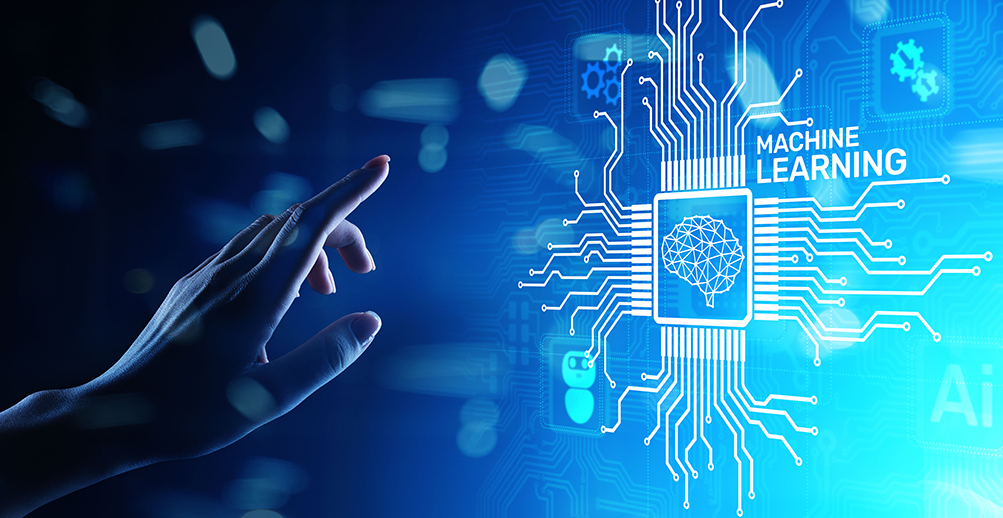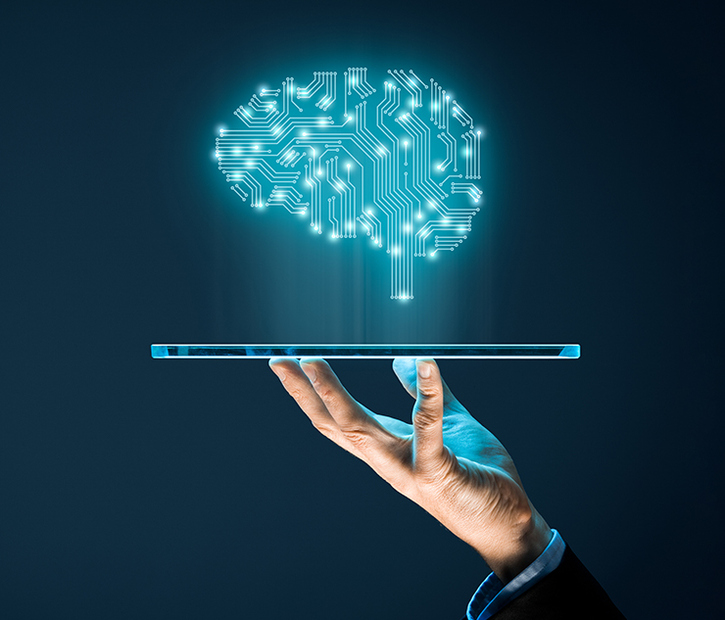Improving real estate decisions
With machine learning
The human brain is capable of tremendous achievements. But what are its limitations in business transactions, specifically those involving property and real estate investment management? At what point do machine data-based systems make more accurate decisions than intuition? Human intuition certainly has its place. As Deloitte researchers Surabhi Kejriwal and Saurabh Mahajan have noted, “The […]


